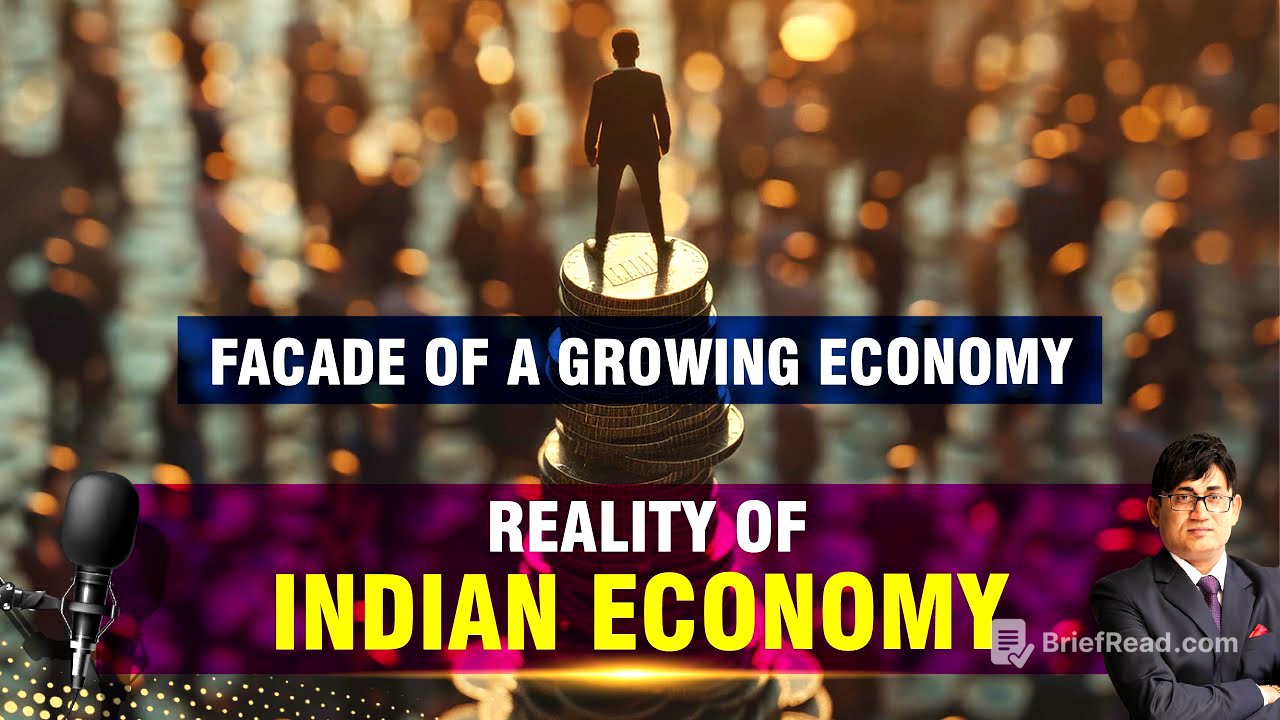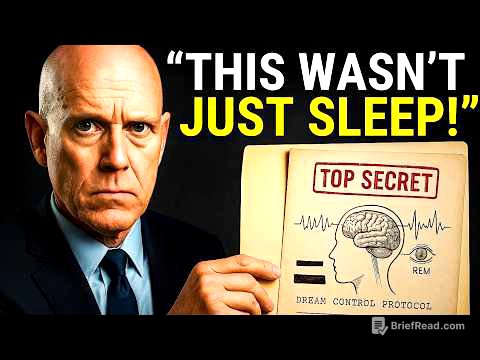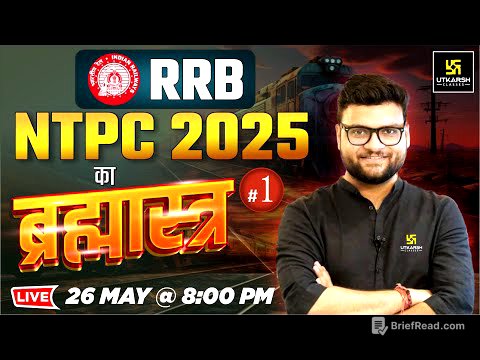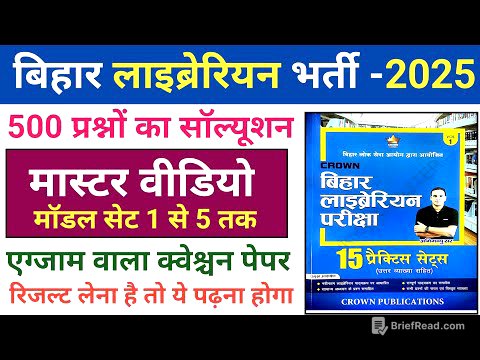TLDR;
The video questions the rosy picture of the Indian economy often presented in the media. It argues that focusing solely on metrics like becoming a $5 trillion economy or the third-largest economy is misleading due to wealth inequality and demographic factors. The speaker highlights concerns about rising national debt, low savings, and the nature of wealth creation in the startup ecosystem, suggesting a need to address fundamental flaws for genuine prosperity.
- Wealth inequality is widening, and economic data can be misleading.
- Focus on GDP size without considering per capita income is flawed.
- The startup ecosystem's valuation-driven approach needs scrutiny.
Introduction: Questioning the Indian Economy [0:01]
The speaker questions the true state of the Indian economy, expressing concern that wealth inequality is increasing and that economic data may be misleading. They point out the lack of financial literacy among the Indian population, making it difficult for them to understand key economic indicators. The speaker questions media reports that glorify wealth concentration and highlights the struggles of the average Indian household dealing with rising inflation and stagnant wages. They also raise concerns about the country's high national debt despite high GST collections and historically low gross domestic savings.
Flawed Arguments: $5 Trillion Economy, Third Largest Economy, and Billionaires [2:20]
The speaker examines three common arguments used to portray India's economic success: becoming a $5 trillion economy, being the third-largest economy, and producing more billionaires. They argue that these metrics are flawed. Comparing India to Saudi Arabia, they highlight that a larger economy doesn't necessarily mean greater prosperity when considering the population size. They also argue that focusing on being the third-largest economy is misleading when India's GDP per capita is significantly lower than countries like Germany and Japan.
GDP Per Capita: A More Accurate Metric [4:33]
The speaker emphasises that GDP per capita is a more accurate metric for evaluating an economy's strength. India's GDP per capita is significantly lower than that of Germany, Japan, and even the UK. While comparing India to China due to similar demographics, China's GDP and GDP per capita are much higher. The speaker points out that India's ranking in GDP per capita by the IMF is quite low, highlighting the need for a more realistic assessment of the economy.
The Reality of Billionaires and Startups [5:50]
The speaker questions whether producing more billionaires is good news for an economy with high wealth inequality. They describe India's K-shaped economy, where the top 1% amass wealth while the rest struggle with inflation and low wage growth. The speaker criticises the startup culture, suggesting that many startups are focused on valuation rather than value creation and are burning investors' money. They highlight that many of these startups are not profitable and are valued based on future earning potential, which may not materialise.
Startups and the Gig Economy [8:12]
The speaker continues their critique of the startup ecosystem, questioning whether Indian startups have created world-class products like Google or Amazon. They suggest that many are creating a gig economy of jobless youths. The speaker contrasts the Prime Minister's praise for the startup ecosystem with a minister's criticism of them for "selling ice cream." They also question whether the sale of expensive apartments is a true indicator of the Indian economy, noting the decline in affordable housing.
Wake Up and Smell the Coffee: Accepting the Flaws [12:33]
The speaker urges Indians not to be defensive when the lack of prosperity and misleading economic growth are questioned. They cite the example of China, which took UNICEF's criticism of malnutrition as a challenge and learned from other countries, including India, to address the issue. The speaker concludes that India can turn around its economy by accepting the flaws and working to address them.








